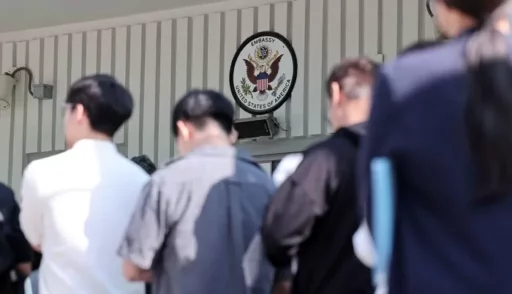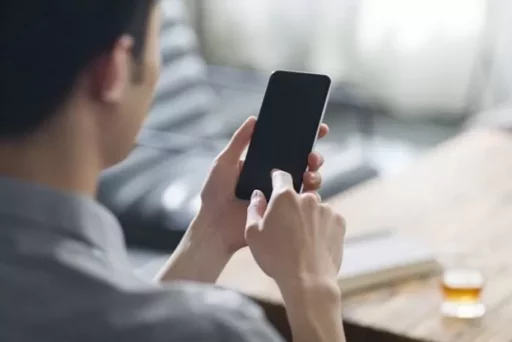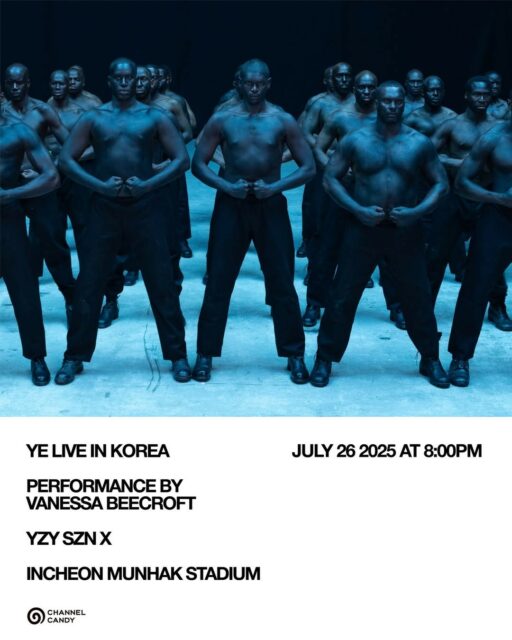| U.S. Resumes Student Visa Issuance Process… Strengthens Demands for Social Media Disclosure
| U.S. Resumes Student Visa Issuance Process… Strengthens Demands for Social Media Disclosure
The U.S. Department of State has resumed the issuance of entry visas for foreign students and trainees, which had been temporarily suspended.
According to a report by the Associated Press on the 18th (local time), the Department of State announced through an official notice that it is retracting the suspension of student visa-related procedures that had been in effect since May.

However, this resumption is accompanied by a new requirement for the disclosure of social media accounts.
Social Media Account Disclosure
The Department of State has warned that new student visa applicants who do not allow access to their social media posts may have their visa issuance denied. The Department stated, "Under the new guidelines, consular officials will conduct comprehensive and thorough reviews of all student and exchange visitor visa applicants."
| Background and Concerns of Strengthened Social Media Review
| Background and Concerns of Strengthened Social Media Review
To facilitate this review process, the Department of State is requiring applicants to change the privacy settings of all their social media accounts to 'public.'
The Department explained, "The strengthened social media review will allow for appropriate assessments of anyone wishing to visit the United States," adding, "Restricting access or visibility of online activities may be interpreted as an attempt to evade or conceal certain activities."
The Washington Post highlighted that this tightening of reviews could give foreign students hoping to study in the U.S. a “sense of being unwelcome,” raising concerns that it could serve as a litmus test for the political inclinations of applicants beyond mere background checks.

According to Politico, the Department of State has instructed U.S. embassies to examine applicants' social media for signs of hostility toward American citizens, culture, government, institutions, or founding ideals; advocacy, support, or assistance to foreign terrorists and other threats to U.S. national security; and illegal anti-Semitic acts.
The New York Times pointed out that the vague criteria for 'hostility toward the U.S.' presented as a reason for visa denial could create confusion and uncertainty for students and scholars planning to study, train, educate, or conduct research in the U.S.
Reuters reported that "Critics argue that the measures of the Trump administration represent an infringement on freedom of expression under the First Amendment of the U.S. Constitution," noting that while the issuance of entry visas for foreigners is a sovereign right, questions arise about the U.S. using foreign nationals' past social media posts as grounds for visa denial in a country that guarantees freedom of expression as a constitutional right.
Previously, Secretary of State Marco Rubio directed a temporary suspension of visa interview schedules for students and exchange visitors to prepare for an expansion of social media reviews and verifications at the end of last month.
Image source: Citizens line up in front of the U.S. Embassy in Jongno-gu, Seoul, to apply for U.S. visas. / News1, reference photo for understanding the article / gettyimagesbank


